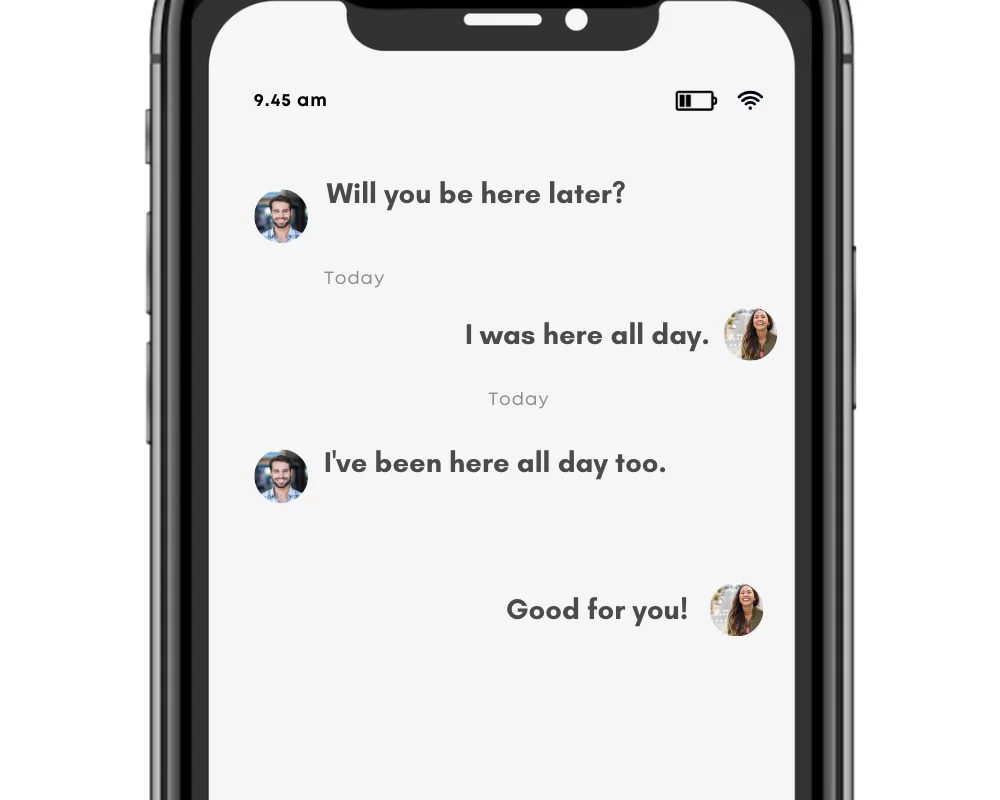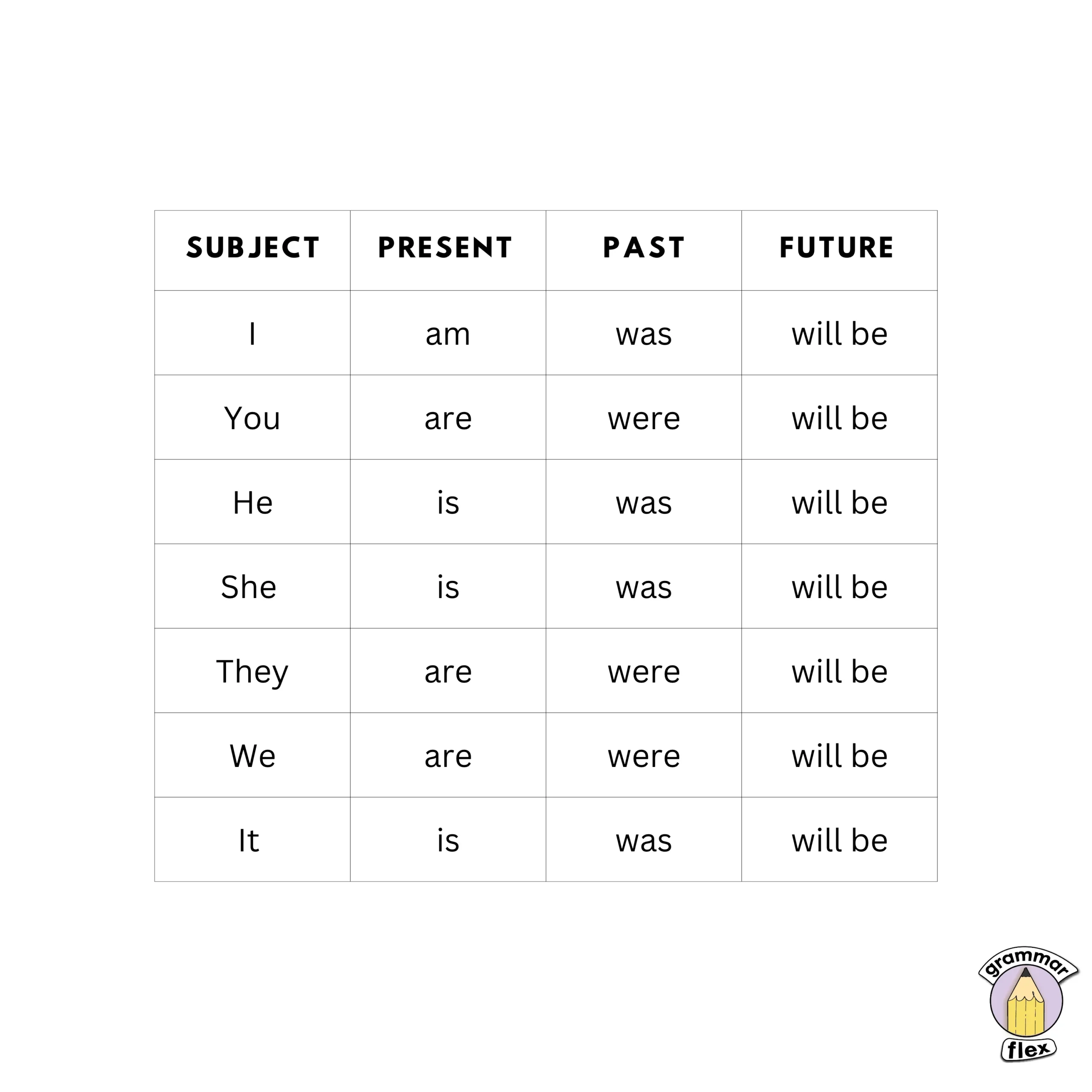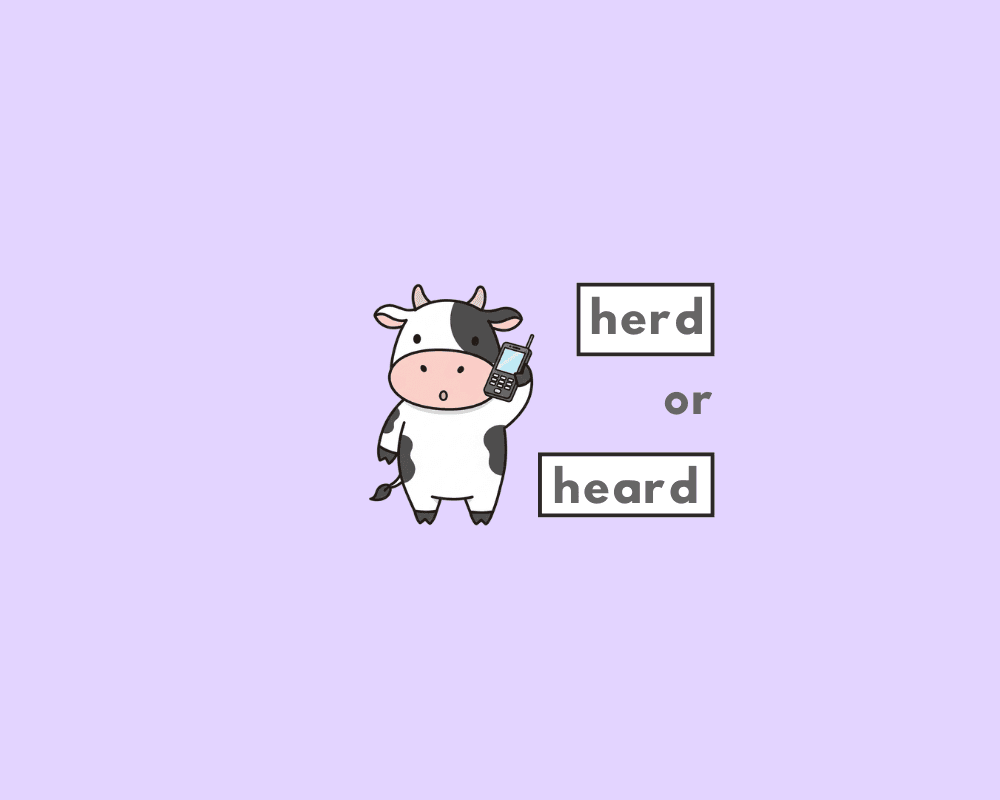
The verb “to be”
I am going for a walk.
They were good students.
She are a good student.
We was good students.
Hamlet was right: to be or not to be—that is the question, of this post at least. What is the verb to be? How does it change in tense?
Forms of ‘to be’
The verb to be is deceptively simple, so try not to overthink it. To be describes existing: ‘I am’, ‘you are’, and ‘she is’ are all forms of ‘to be’. For a formal definition, Merriam-Webster Dictionary defines the verb ‘be’ as “to take place: to occur”. Anything that exists and experiences the state of being that the verb ‘to be’ describes.
Is ‘to be’ a regular or irregular verb?
Since being is taken literally as in existing, its use in English varies to refer to the past, present, or future. Verb tenses refer to the points in time at which things or people can be (read: exist). “To be” is a form of the base verb “am”. This makes it highly irregular in English since its other tenses (was, is, are, were) look nothing like “I am”.
Most English verbs undergo some change in form to show tense, and other information like count, subject, and so on. A verb’s tense is the point in time at which the action or event occurs. We can think of verb tenses as slices of time, and the three main tenses are past, present, and future.
| Tense | Example |
|---|---|
| Past | My brother saw a movie yesterday. |
| Present | I play football every weekend. |
| Future | I will write that email tomorrow. |
Likewise, to be has various verb conjugations based on the number of subjects and the tense:

Are, am, is, and was usage in sentences
| Sentence | Tense & Subject |
|---|---|
| I am going for a walk. | Present tense, first person singular |
| Sarah is a good student. | Present tense, third person singular |
| You are a good student. | Present tense, second person singular/plural |
| They are good students. | Present tense, third person plural |
| We are good students. | Present tense, first person plural |
Past tense of ‘to be’ (was/were) examples
| Sentence | Tense & Subject |
|---|---|
| I was out for a walk. | Past tense, first person singular |
| Sarah was a good student. | Past tense, third person singular |
| We were good students. | Past tense, first person plural |
| They were good students. | Past tense, third person plural |
| You were a good student. | Past tense, second person singular/plural |
The “verb to be” forms (is, are, was, were): link each to a personal image. For example, “I AM strong,” visualize yourself lifting weights; “They WERE happy,” picture a joyful group.
Future tenses (I/she/they will)
| Sentence | Tense & Subject |
|---|---|
| I will be a good student. | Future tense, first person singular |
| Sarah will be a good student. | Future tense, third person singular |
| We will be good students. | Future tense, first person plural |
| They will be good students. | Future tense, third person plural |
| You will be a good student. | Future tense, second person singular |
Origin of the verb “to be”
From etymology online on to be (v.):
| Form | Origin / Etymology |
|---|---|
| Old English | beon, beom, bion — “be, exist, come to be, become, happen” |
| Proto-Germanic | *biju- — “I am, I will be” |
| PIE root | *bheue- — “to be, exist, grow” |
Learn more about verbs
| Types of verbs & verb tenses | what’s the past tense of …? |
|---|---|
| forms of ‘to be’ | … seek? |
| auxiliary verbs | … teach? |
| present tense | … catch? |
| future tense | … buy? |
| past tense | … read? |
| perfect tense | … draw? |
| transitive vs. intransitive | … drive? |
| participles | … throw? |
| irregular verbs | … lead? |
| modals | … win? |
Worksheet: The verb ‘to be’
What is the correct form of “to be” in the sentence: She ___ happy today.
Choose the correct negative form: They ___ not at school yesterday.
What is the correct form for “I” in present simple?
Complete the question: ___ you ready?
Which sentence is correct?
FAQs
What does the verb ‘to be’ mean?
+
Is ‘to be’ a regular verb?
+
What forms does the verb ‘to be’ have?
+
How is ‘to be’ used in present tense?
+
What are common mistakes with ‘to be’?
+
Sources
- P.C. Wren and Martin’s English Grammar and Composition
Yash, D. "What is the Verb To Be?." Grammarflex, Sep 15, 2025, https://grammarflex.com/what-is-the-verb-to-be/.








